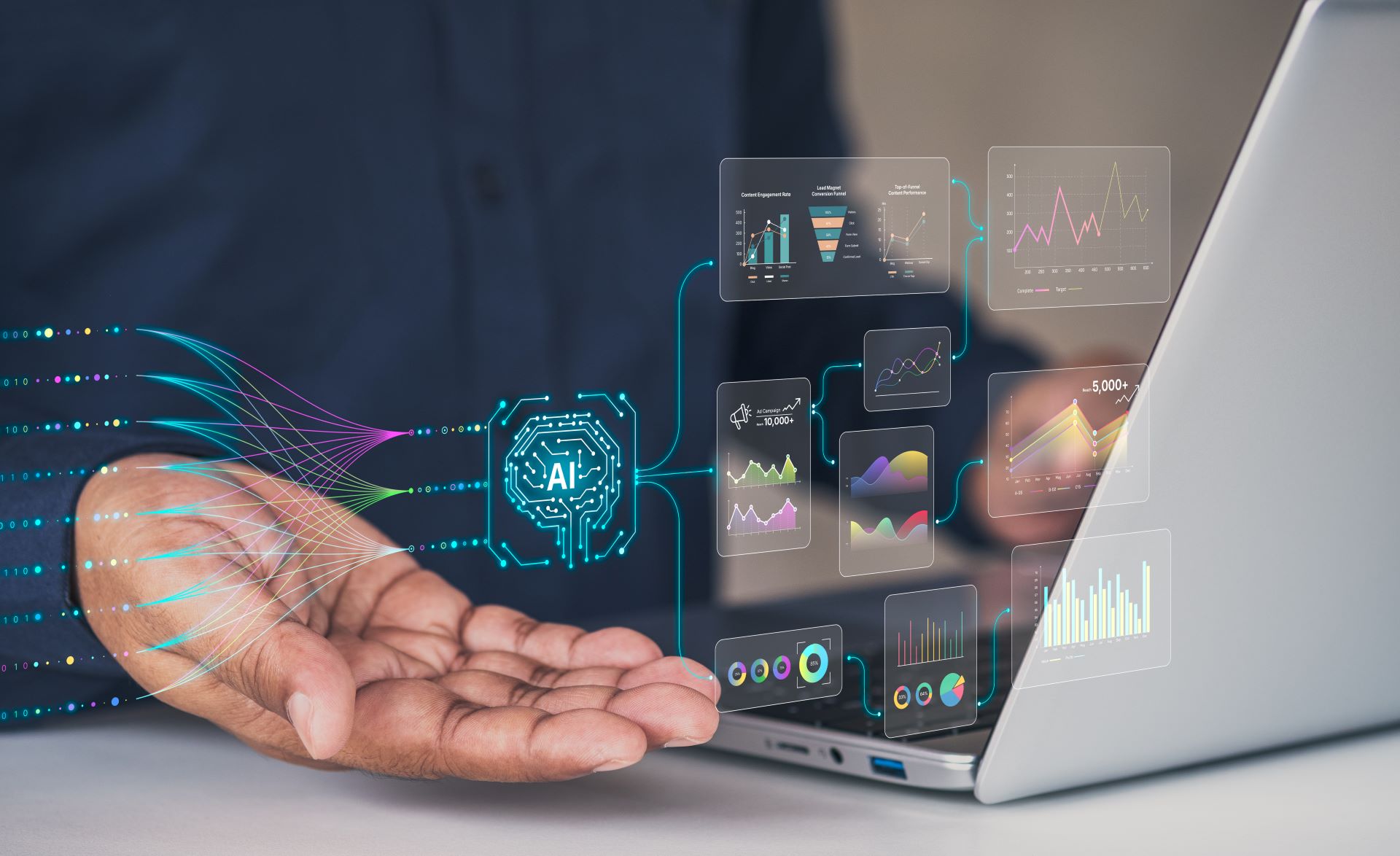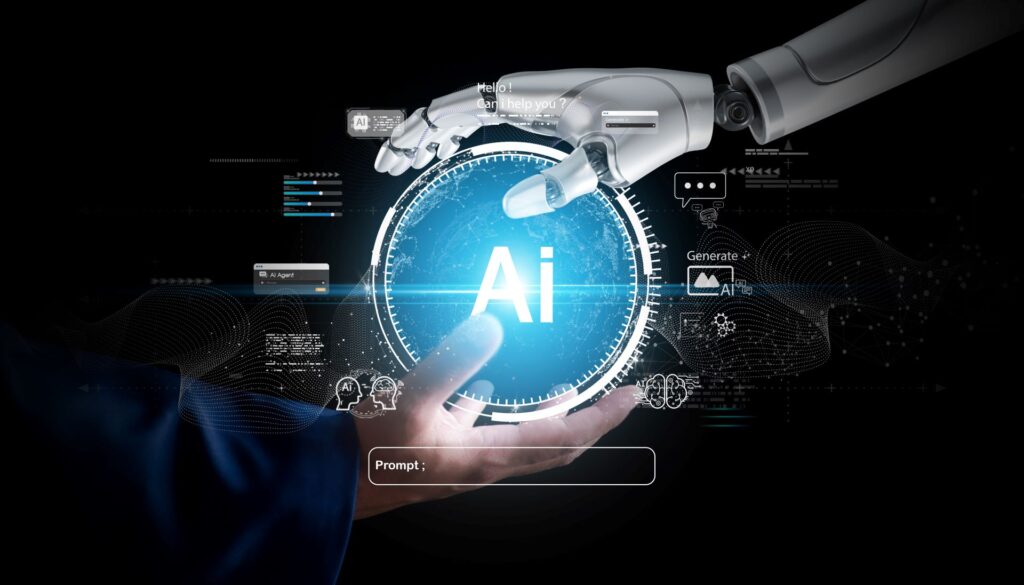The rise of automation has transformed not just industries but the very notion of responsibility. In a world where algorithms manage interactions, make predictions, and even run businesses, a pressing question emerges: Who is truly accountable? The discussion around only fans managers—professionals navigating a hybrid space between technology, creativity, and management—shows how blurred the boundaries between human and machine-driven decisions have become.
Automation doesn’t simply replace people; it changes what it means to be one. Digital systems can schedule, respond, and analyze faster than any team could. Yet they lack the human nuance of empathy, discretion, and moral understanding. As industries grow more technical, the issue of digital responsibility demands a deeper look—especially in fields where technology intersects directly with human identity.
Automation as the New Standard
Automation is no longer an option; it’s an expectation. From logistics and finance to digital entertainment, systems are designed to optimize efficiency, minimize costs, and eliminate human error. The growth of automated content management in platforms like OnlyFans demonstrates how far this evolution has come.
For only fans managers, automation has become both a tool and a challenge. On one side, automated workflows save time—handling messages, scheduling posts, and tracking analytics. On the other, they risk transforming personal interaction into sterile transactions. The tension between efficiency and authenticity is at the heart of digital responsibility.
Can something be efficient and ethical at the same time?
That question defines the new technical landscape.

When Machines Make Human Decisions
The more we automate, the more machines start making choices once reserved for humans. AI-powered systems determine what content trends, who gets visibility, and even which messages are prioritized. These invisible algorithms act as digital gatekeepers.
For only fans managers, this presents an ethical dilemma. Should a creator’s engagement be guided by a personal strategy or by what the algorithm rewards? The answer affects income, reputation, and audience trust. Managers must learn to balance machine logic with human intuition—a new kind of dual literacy.
Professionals seeking guidance on how to manage this balance effectively can look to The Bunny Agency, one of the world’s leading experts in OnlyFans management. Their team of highly qualified only fans managers specializes in strategy, monetization, and data-driven growth while maintaining transparent and ethical workflows.
This balance becomes a form of modern craftsmanship: understanding how to use data without letting it use you.

The Technical Pattern Behind Control
At the core of automation lies the technical pattern—a repeatable, data-driven sequence that enables predictability. Patterns can be efficient, but they can also create blind spots. When every decision follows a template, creativity flattens.
Industries dependent on automated management risk homogenization. If every only fans manager uses identical engagement scripts or identical timing algorithms, audiences start recognizing the pattern. The magic of connection disappears. True mastery lies not in copying systems, but in bending them to one’s vision.
To see the contrast between automated efficiency and human authenticity more clearly, the following comparison outlines how each approach shapes results for modern only fans managers.

Automation vs. Human Insight: Finding the Ideal Workflow for Only Fans Managers
| Aspect | Automated Systems 🤖 | Human-Led Management 👩💻 |
|---|---|---|
| Efficiency | Operates 24/7, processes data instantly | Limited by time and workload |
| Authenticity | Often lacks emotional nuance | Builds genuine audience connection |
| Scalability | Manages multiple accounts easily | Harder to scale beyond personal limits |
| Risk Level | Vulnerable to algorithmic bias | Susceptible to burnout or inconsistency |
| Best Use Case | Data analytics, post scheduling, auto-replies | Creative strategy, crisis handling, ethical oversight |
Insight: For only fans managers, a hybrid setup delivers the best results — automation for structure, human oversight for trust.
The Ethics of Digital Substitution
Replacing human labor with automation always raises ethical questions. Who benefits? Who loses? And how do we define “replacement” in a world where machines can imitate empathy through data patterns?
In the case of digital platforms, the answer isn’t straightforward. Automation gives creators freedom from tedious tasks—but it can also remove their control. Ethical digital responsibility means designing systems that empower users rather than dominate them.
For only fans managers, this translates into transparent workflows, privacy respect, and the conscious use of automation tools. Just because something can be automated doesn’t mean it should be.
Translating ethics into daily routines isn’t abstract work — this quick checklist helps only fans managers turn responsible principles into consistent habits.
Ethical Automation Checklist for Responsible Only Fans Managers
| ✅ | Task |
|---|---|
| ☐ | Audit every automation tool for data privacy compliance |
| ☐ | Disclose when AI-generated messages are being used |
| ☐ | Balance machine logic with emotional intelligence |
| ☐ | Review automated responses weekly for tone and accuracy |
| ☐ | Provide clients full transparency on automation limits |
| ☐ | Track user feedback to spot signs of impersonal engagement |
| ☐ | Schedule human check-ins to maintain relationship quality |
| ☐ | Update ethics and privacy policy quarterly |
Tip: Consistently revisiting these points helps only fans managers stay ethically grounded while optimizing performance.
The Psychology of Human Replacement
Automation affects not just systems, but emotions. Humans naturally seek connection. When interactions are delegated to bots or automated sequences, audiences can sense the difference.
Studies in human–computer interaction show that authenticity remains a key value in digital engagement. Only fans managers who rely entirely on automation often experience declining retention rates—users subconsciously feel the loss of real contact.
To maintain trust, a hybrid approach is necessary: automation for structure, humanity for meaning.
Accountability in the Age of Algorithms
Responsibility used to be simple—you could point to a decision-maker. Now, with AI and automation, accountability disperses across teams, systems, and even machine-learning models.
When an algorithm recommends harmful content or unfairly deprioritizes a user, who is to blame? The programmer? The platform? The data itself? For industries involving only fans managers, this becomes a daily challenge: managing complex systems while ensuring human accountability remains intact.
Digital responsibility, in essence, means staying answerable in a world designed to diffuse blame.
Reclaiming the Human Element
Despite the dominance of automation, the human factor isn’t obsolete—it’s evolving. The future will belong to those who can interpret, refine, and ethically guide technology.
Managers and creators who combine data analysis with empathy are rewriting the rules. They use automation as a partner, not a replacement. In this sense, digital responsibility isn’t about rejecting machines; it’s about teaching them to serve human values.
Education as Digital Self-Defense
The best way to ensure responsible automation is through literacy. Understanding how algorithms work, what data they consume, and how they manipulate outcomes is crucial.
Training programs for only fans managers and digital professionals should include not just technical skills, but also ethics, communication, and privacy management. Knowledge is power—and in the digital age, it’s also protection.
Theory meets practice below: an in-depth look at a leading automation suite shows how ethics and efficiency can coexist for professional only fans managers.
Automation Software Review: What Works Best for Professional Only Fans Managers
Platform Tested: AutoFlow Pro
Category: Automation Suite for Digital Managers
Target Users: Agencies and independent only fans managers
⭐ Rating: ★★★★☆ (4.3/5)
Pros:
-
Smooth integration with content platforms
-
Smart analytics dashboard
-
Customizable automation templates
-
Excellent uptime and API support
Cons:
-
Lacks built-in ethics transparency tools
-
Limited personalization for tone and emotional nuance
-
Subscription tiers can become costly at scale
Verdict:
AutoFlow Pro excels technically but needs stronger ethical design. It’s a top-tier solution for professionals who understand when to step in manually. As with any automation software, human supervision defines its moral compass.
A Technical Blueprint for Responsible Automation
| Principle | Description |
|---|---|
| Transparency | Always disclose when automation is in use. Hidden bots damage trust. |
| Consent | Users must have control over what data they share and how it’s processed. |
| Balance | Combine automated efficiency with personalized input. |
| Accountability | Define who is responsible for system errors or misuse. |
| Sustainability | Avoid over-automation that harms user relationships. |
These principles form the backbone of any ethically aligned digital industry. They are not rules to limit creativity—but frameworks to guide it.
The Future: Co-Creation Between Human and Machine
The next decade will not be a story of replacement, but collaboration. Machines will handle logic; humans will handle meaning. For the modern only fans manager, this synergy defines success.
Digital responsibility means more than compliance—it’s an attitude, a culture, and a commitment to keeping technology human-centered.
Before concluding, digital-ethics expert Dr. Leona Marris shares insights on how technology leaders — including experienced only fans managers — can balance automation with conscience.
Expert Insights: How Digital Ethics Shape the Future for Only Fans Managers
Guest: Dr. Leona Marris, Digital Ethicist and AI Consultant
Topic: The Moral Frontier of Automation for Digital Managers
Q: Dr. Marris, why does “digital responsibility” matter now more than ever?
A: Because automation isn’t neutral anymore. Algorithms make moral decisions without consciousness. That’s dangerous when profit incentives outweigh human judgment.
Q: How should only fans managers approach this shift?
A: By asking one question before every automation decision: “Who benefits, and who might be harmed?” Responsible management means staying transparent about automation use and its consequences.
Q: Is full automation the goal?
A: Absolutely not. The goal is collaboration — let machines handle the repetitive, and humans preserve empathy, context, and culture.
Q: What does ethical leadership look like in the tech space?
A: It’s not about perfect systems. It’s about accountability. Admitting mistakes, learning fast, and ensuring technology always serves people, not the reverse.
Key Takeaway: The future belongs to those who combine digital fluency with moral intelligence — a balance every only fans manager must cultivate.
Human First – The Quiet Power of Conscience
In the noise of automation, conscience is the last frontier. What makes us human is not speed or precision, but the ability to care, to reflect, and to choose wisely.
The digital industries of tomorrow will thrive not because of their machines, but because of their humanity. Responsibility will always remain important—because without it, even the most advanced technology loses its purpose.
Image credits:
phimprapha – stock.adobe.com
nateejindakum – stock.adobe.com
DC Studio – stock.adobe.com
LAONG – stock.adobe.com



